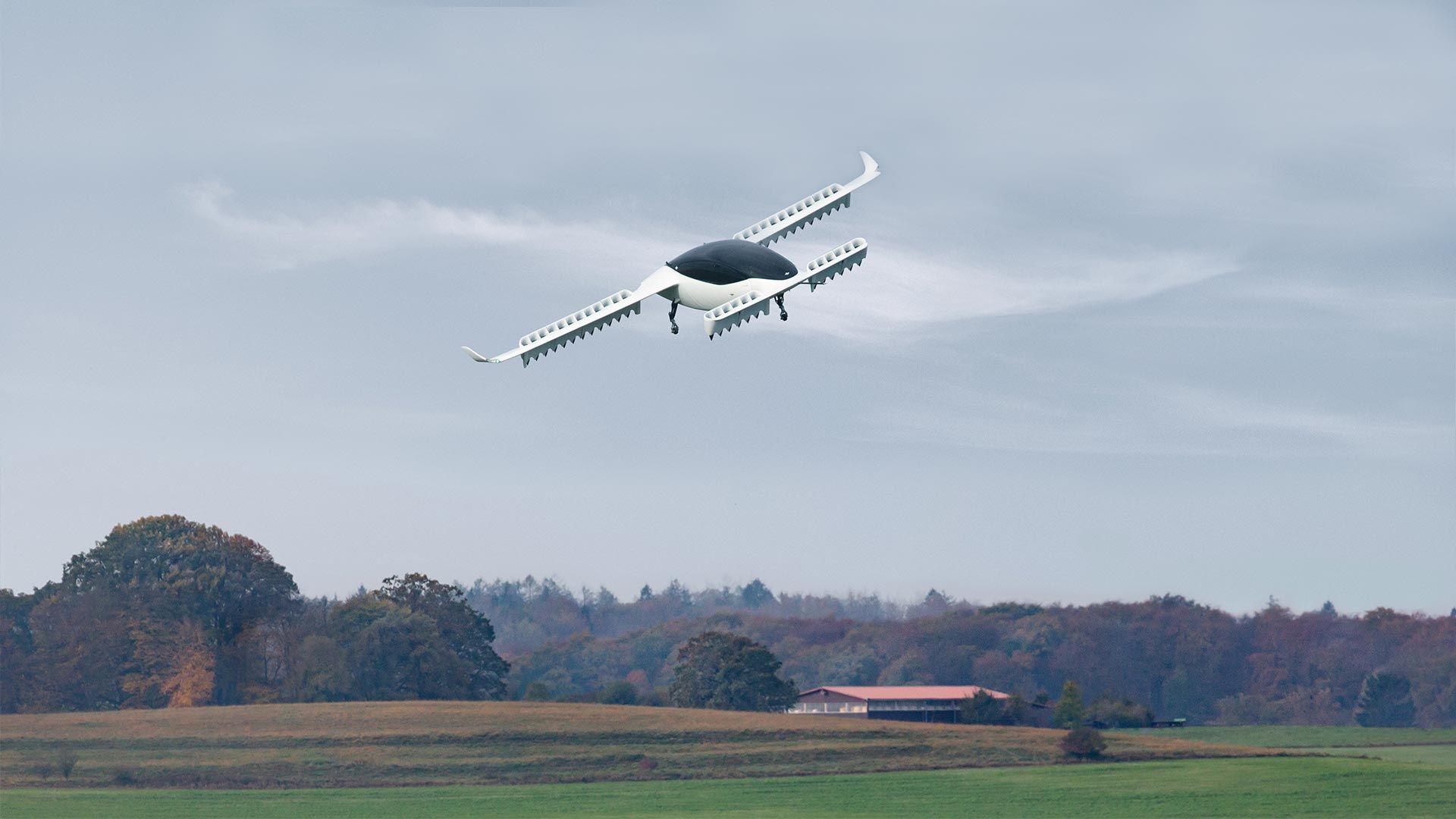Lilium has been making significant strides in the urban air mobility (UAM) field over the years. The German outfit has come a long way since its 2015 founding, striking deals with the likes of Azul, Honeywell, Expliseat, Livent, Aernnova, ABB, NetJets, Bristow, and Ferrovial. Altogether, the Lilium is primed to become a force in the high-speed eVTOL space.
A major player
The company entered 2023 full of confidence amid a memorandum of understanding (MOU) with Saudi Arabia that will see the country purchase 100 eVTOLs. Flag carrier Saudia plans to use the aircraft to support its premium passengers on their journeys.
The Lilium Jets will have an operating range of 175 km (109 mi) at launch and a cruise speed of up to 155 mph (250 km/hs).
Amid this momentum, Simple Flying caught up with Lilium about how it is transforming short-haul travel. Overall, the enterprise believes in a world that is connected and sustainable. It expresses that the eVTOL aviation ecosystem will feature fully electric jets with zero operating emissions, minimal infrastructure vertiports, low-noise vertical take-off and landing capabilities, and high-speed regional connectivity. Thus. The Lilium Jet has zero operating emissions footprint.
The company adds that through long-term expansion and scale, eVTOLs have the potential to dramatically reduce current levels of air and road pollution while linking major towns and cities “to create stronger transport with better land use, and increased access to industry, culture, and nature, without expensive and resource intensive land-based infrastructure like roads or rail tracks.”
Get the latest aviation news straight to your inbox: Sign up for our newsletters today.
Pilot opportunities
Lilium highlights that the introduction of eVTOLs and high-speed sustainable air travel between now and 2030 represents an opportunity for green jobs. Still, it’s only the start of the journey. From piloting and new regulatory roles to developing and maintaining commercial operations, this new chapter for aviation is already attracting some of the best talent from across the globe. The firm alone has grown to hold a diverse workforce of over 800 people, with over 450 aerospace engineers.
Notably, Lilium's partnership with aviation powerhouse Collins Aerospace will see the aircraft's cockpit be transformed for single pilots to fly seamlessly. Collins will design and develop new flight controls, building a new innovative interceptor system.
The long-term need for more sustainable forms of air travel, plus the innovation, R&D, and investment going into this aspect of the sector, means that career prospects will only continue to grow in this new period of aviation.
Andrew Strachan, Chief Test Pilot, Lilium, highlights:
“This is a truly exciting time for aspiring pilots, as we are witnessing the transformation of traditional aviation. Right now, we see eVTOL as an area for pilots to begin their careers and perhaps even move on to wider ranging operations as the technology progresses. Pilots will be able to ‘grow’ with the eVTOL technology, but there is no doubt that this represents an exciting opportunity.”
While there is a plethora of eVTOL innovators working hard to meet demand in this next chapter, Lilium is looking to provide a modern solution between a helicopter and a jet plane. It can take off and land vertically, but it also has a wing and a jet engine.
Even though we are yet to see the eVTOL industry in commercial operation, it will undoubtedly become a staple across numerous short-haul networks. Subsequently, this new sector will have plenty of job opportunities, especially with Lilium targeting certification as early as 2025.
What are your thoughts about the future of eVTOLs? What do you make of the Lilium Jet? Let us know what you think in the comment section.

